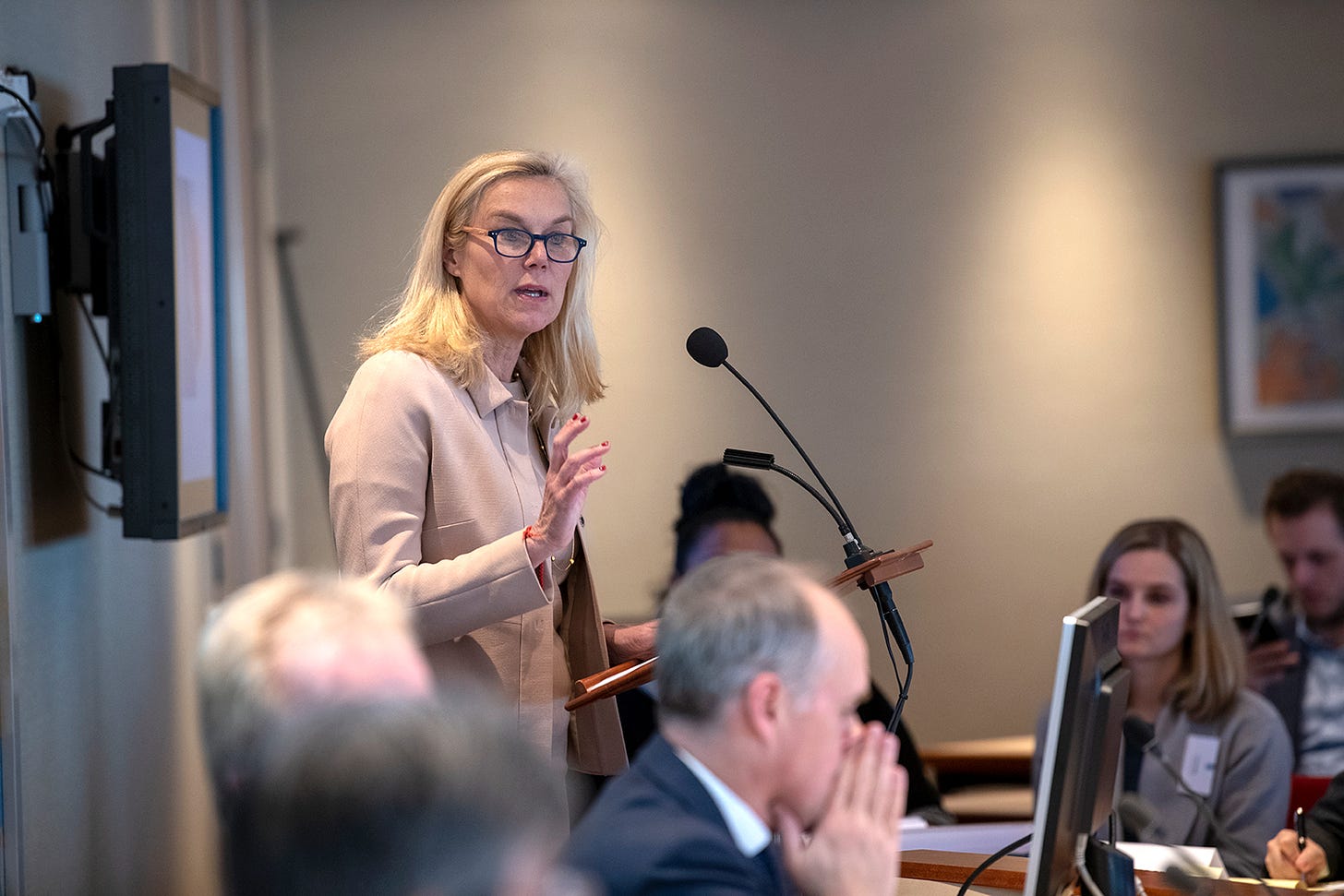Breakthrough in Dutch Coalition Talks
Social liberals agree to open negotiations with the Christian right.

Six and a half months after they were elected, Dutch lawmakers have finally taken a step closer to forming a coalition government: the same as the last one.
Prime Minister Mark Rutte’s liberal VVD (of which I am a member), the Christian Democratic Appeal (CDA) and Christian Union were ready to renew their vows after the election in March. The coalition as a whole had gained seats, although the CDA lost four. The center-right parties are aligned on agriculture and EU policy, health care and taxes.
Their fourth partner, the social-liberal D66, needed more time.
Long talks
The Dutch are accustomed to long negotiations. Unlike in Israel or Spain, where reelections are held if parties fail to form a government within a set timeframe, talks can drag on indefinitely in the Netherlands. We’re thirty days away from this becoming the longest government formation in Dutch history.
But parties have always been able to do a deal. Reluctant to break that rule, and go back to voters, D66 leader and former trade minister Sigrid Kaag finally give in on Thursday.
It probably helped that her party is down in the polls while Labor, the Greens and Volt, a European federalist party, are up.
Deadlock
Kaag competes with the Greens and Volt for university-educated, mostly urban and eco-conscious voters.
Hence her preference to swap the Christian Union for either Labor or the Greens. They could have pulled the next government to the left on climate policy and the EU.
CDA and VVD don’t want to accelerate the climate transition. Neither supports closer fiscal integration in Europe.
But Labor and the Greens would only go into government as a pair, and governing with three center-left parties was too much for CDA and VVD. That would have put expropriating farms and reducing livestocks (to bring down methane emissions), raising business taxes and socializing health care on the table; proposals that are toxic to right-wing voters.
The five parties danced around the inevitable conclusion for months and only gave up four weeks ago.
Out of options
Rutte’s suggestion to talk with right-wing newcomer JA21, an offshoot of Forum for Democracy (FvD), was rejected by D66.
All other parties, including the VVD, refuse pacts with the far-right Forum and PVV.
Neither a minority government nor a so-called extraparliamentary cabinet — formed by parties that command a majority in parliament without those parties committing to support its policies in advance — were deemed viable.
A coalition without the VVD would require seven parties stretching from the far-left Socialists (SP) to the Christian right. It wasn’t even discussed.
That left a return to the old coalition.
Concessions
D66 can be expected to exact a heavy price. They will need to justify their about-face to left-leaning voters.
A major stumbling block to another coalition of Christian and liberal parties is euthanasia law. D66 wants to expand euthanasia rights to people who aren’t terminally ill. CDA and Christian Union are opposed. One solution, leaving it to a “free” vote in parliament (like Angela Merkel did with gay marriage in Germany), would essentially mean asking the Christian parties to admit defeat, since left-wing and far-right parties are with the liberals on this.
The Christian Union and D66 also hold opposite views on cannabis legislation, gene therapy and the autonomy of religious schools.
They’re allies on climate and social policy, including immigration, where CDA and VVD hold more conservative views.
Rutte has a reputation for being a hardliner in Brussels, because he opposes fiscal union. But in other areas, including climate, defense, technology, trade and deepening the single market, his views match those of French president Emmanuel Macron, a fellow liberal. The gap between D66 and VVD tends to be overstated, including by the parties themselves. The two even group together in the European Parliament.
On housing and labor policy, it should be easier for the pro-market D66 to govern with the right than with Labor and the Greens.



